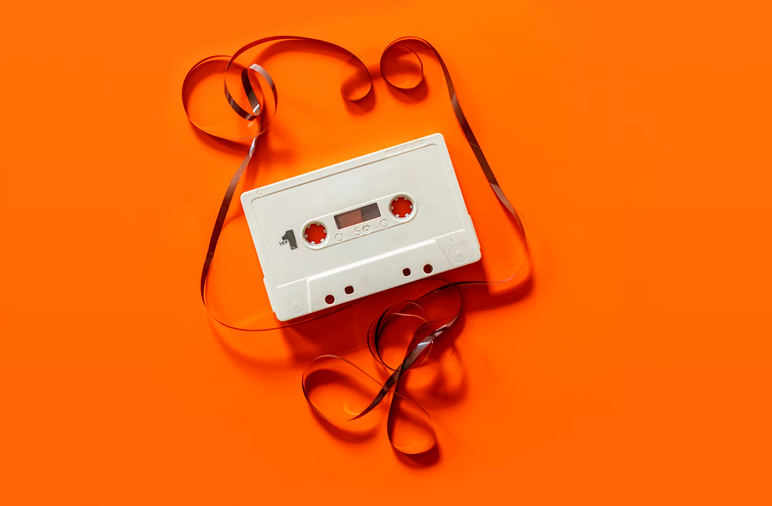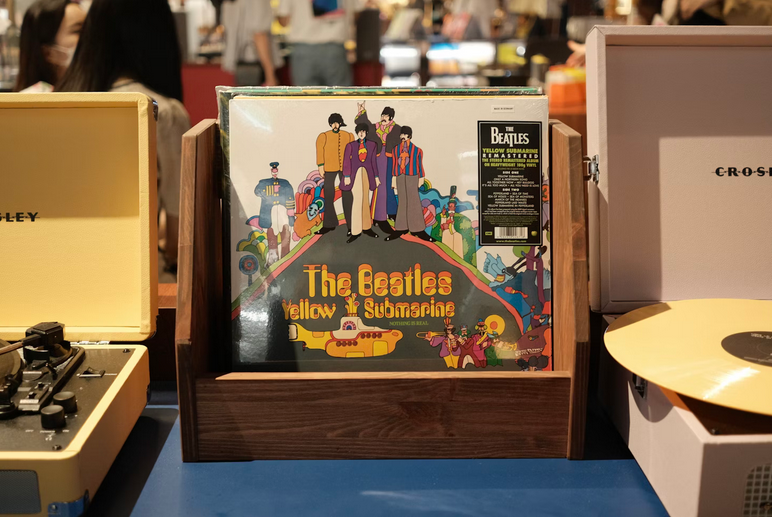Intellectual Property in Hip Hop: How Legal Rights Protect Artists and Their Albums

Hip-hop is a genre defined by creativity, innovation, and cultural expression. From powerful lyrics to groundbreaking beats, artists in the hip-hop community are constantly pushing the boundaries of what music can be. However, with this creative freedom comes the need for protection in intellectual property (IP) law. Understanding how IP rights work can help artists safeguard their work, ensuring they get the credit and compensation they deserve. Let’s break down the role of intellectual property in 2005 rap hits and how it protects artists and their albums.
What Is Intellectual Property?
Intellectual property refers to the legal rights that protect creations of the mind, from music and lyrics to logos and album artwork. For hip hop artists, IP laws are crucial in protecting their unique sound, brand, and artistic expression. The three main types of IP protection relevant to hip hop are copyright, trademark, and patents.
Copyright: Protecting the Music

Copyright is the most important type of intellectual property for musicians. It grants the creator of an original work exclusive rights to its use and distribution, typically for the life of the artist plus 70 years. In hip-hop, copyright covers various elements, including:
- Lyrics: The words in a song are protected under copyright, ensuring that no one can copy or reproduce them without permission.
- Music: The composition, including the melody, harmony, and rhythm, is also protected.
- Sound Recordings: The specific recording of a track is protected separately from the musical composition, covering the actual performance captured on the album.
With copyright protection, hip hop artists can control how their music is used, whether it’s through sales, streaming, licensing for movies, or sampling by other artists.
Sampling and Copyright: A Tricky Balance
Sampling using a portion of another artist’s song in a new track—is a common practice in hip-hop. While it’s a way to pay homage and create innovative sounds, it can also lead to legal issues if not done correctly. When an artist wants to use a sample, they must obtain permission from the copyright holders of both the original sound recording and the musical composition.
Trademarks: Protecting the Brand
In addition to their music, hip-hop artists often build strong personal brands that include their names, logos, and other distinctive symbols. This is where trademarks come in. A trademark protects symbols, names, and slogans used in commerce, helping artists establish a unique identity in the marketplace.
For example:
- Artist Names: Many hip hop artists trademark their stage names to prevent others from using similar names that could cause confusion.
- Logos: Iconic logos associated with an artist or their record label can be trademarked to ensure they remain exclusive to the brand.
- Merchandise: Trademarks extend to clothing lines, album covers, and other products, allowing artists to control how their image and likeness are used.
By securing trademarks, hip-hop artists can maintain control over their brand and ensure that their image isn’t exploited without their consent.
Patents: Uncommon but Possible

While patents are less common in the music industry, they’re still worth mentioning. A patent protects new inventions, processes, or technologies. In hip-hop, this could apply to innovative musical instruments, production techniques, or even new types of software used in creating music. Though rare, obtaining a patent can give an artist or producer exclusive rights to use and profit from their invention.
The Importance of Legal Protection
Without intellectual property protection, hip-hop artists risk losing control over their creative works. Here are a few reasons why IP rights are crucial:
- Preventing Unauthorized Use: Copyright and trademark laws help prevent others from using an artist’s music or brand without permission, ensuring that the creator gets credit and compensation.
- Monetizing Creativity: With IP protection, artists can license their music, sell their brand, and explore other revenue streams, turning their creativity into a sustainable career.
- Building a Legacy: Intellectual property rights allow artists to retain control over their work long after its creation, ensuring that their contributions to the culture are recognized and protected for generations.
In the world of hip-hop, creativity knows no bounds, and intellectual property laws are there to protect that creativity. By understanding the basics of copyright, trademark, and even patents, hip-hop artists can safeguard their work, build their brand, and ensure they get the recognition they deserve. Whether you’re an up-and-coming artist or a seasoned veteran, knowing your rights is key to navigating the music industry and leaving a lasting impact on the culture.